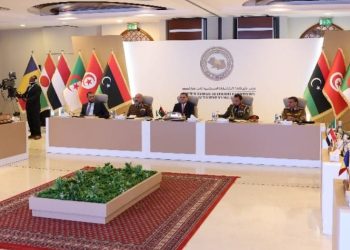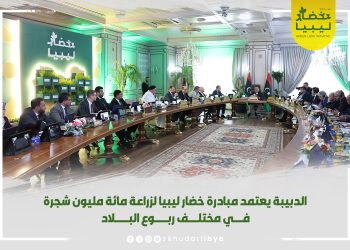By Callum Paton.
Tripoli, 24 November 2013:
Blackouts have hit Tripoli and western regions, thanks to Amazigh action against an oil and gas . . .[restrict]pipeline in the Nafusa mountains.
The fuel cut-off has meant that the key Ruwais power station has lost its gas turbine generators and is having to rely on its diesel sets to produce power.
A leading Amazigh figure warned that if the group’s political demands are not met, it will mark the beginning of “a new journey, a new odyssey far more difficult than the previous situation”.
Ayoub Sufian, a member of the Amazigh Supreme Council, spoke to the Libya Herald, ahead of the expected General National Congress vote this evening on greater Amazigh representation on the 60 Constitutional Committee and the adoption of Amazigh as a national language. He warned that the oil and gas flow from the Wafa field would only resume if these demands were met.
Amazigh from Zuwara lifted their own blockade of the gas processing facility at Mellitah last week, in response to the Gharghour massacre. Mellitah supplies the Ruwais power station with gas as well as feeding the GreenStream export pipeline to Italy. The gas that is now being processed at the complex is coming from the offshore Al-Bouri field.
The main supply from the Wafa field was stopped when a pumping station 50km south of Wallout, close to the Tunisian border, was blown up over one month ago.
Sufian, who comes from Zuwara, where the Mellitah complex is sited, explained that Amazigh activists from the Nafusa Mountains believed the Wafa pipeline was more critical than the Mellitah facility.
The Ruwais power station continues to produce electricity running on diesel reserves. Electricity Minister, Ali Muhairig, yesterday called on the GNC and representatives of the Amazigh community to resolve their differences, in the interests of returning the country’s power output to full capacity.
His deputy, Ali Mohammed, has said that some “brief problems” including blackouts across the western power grid, which includes Tripoli, are to be expected, as long as the Jebel Nafusa blockade continues.
A spokesman for the National Oil Corporation, Mohammed Al-Harari, said that the NOC has no intention of repairing the destroyed pumping station until a consensus had been reached. He said: “The issue is one for the government and the Amazigh. It is not our responsibility.” [/restrict]








